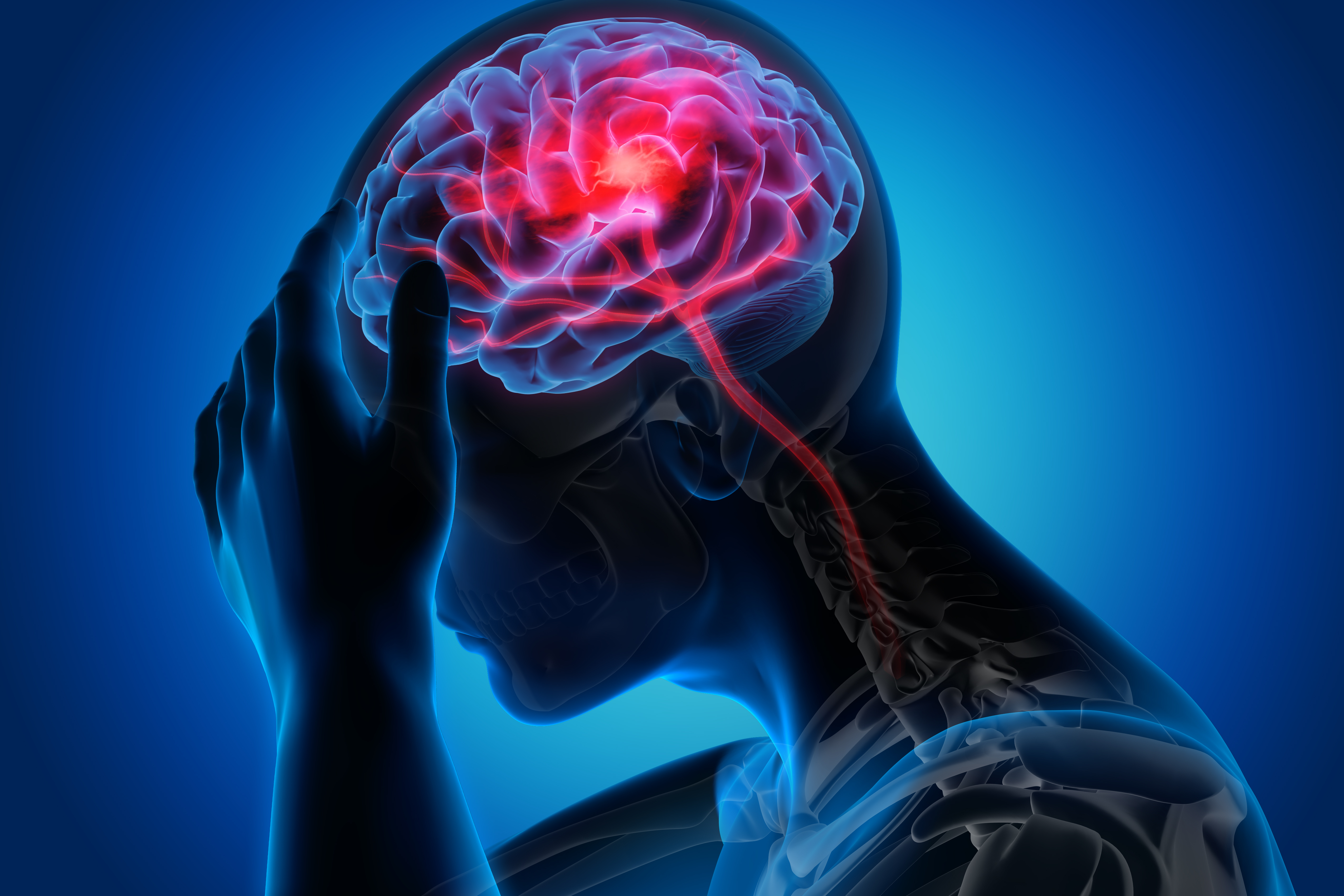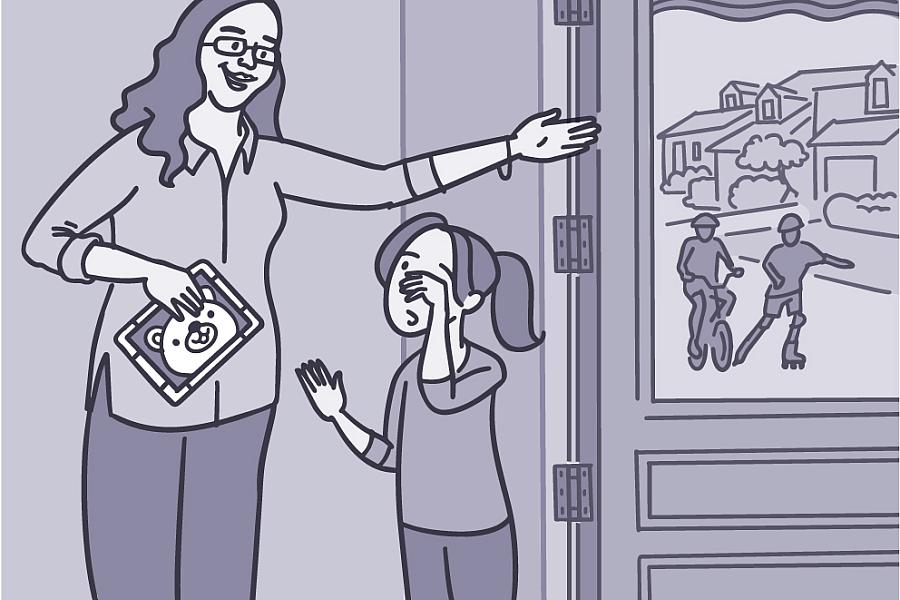Health Capsule
Alcohol-Related Blackouts

Alcohol-related blackouts are gaps in memory, when you can’t recall what happened while you were intoxicated. Blackouts can happen to anyone who drinks alcohol, regardless of their age or experience with drinking.
Blackouts happen when you drink so much alcohol that your brain isn’t able to store memories long-term. There are two types of blackouts. The most common is a fragmentary blackout, which leads to only partial memories being formed, with missing periods of time. The more serious type is an “en bloc” blackout, or completely forgetting what happened. With this type, memories of events do not form. It is as if the events never happened.
Blackouts are different from passing out. Passing out means a person has either fallen asleep or lost consciousness from too much drinking. In contrast, a person is awake during a blackout, but their brain is not creating new memories. Sometimes a person can transition from having a blackout to passing out.
Blackouts become more likely as your blood alcohol concentration reaches a high level quickly, as occurs with binge drinking. They’re also more likely with certain medications.
Blackouts are not necessarily a sign of alcohol use disorder. But you may want to reconsider your relationship with alcohol. Learn more about blackouts and alcohol.
NIH Office of Communications and Public Liaison
Building 31, Room 5B52
Bethesda, MD 20892-2094
nihnewsinhealth@od.nih.gov
Tel: 301-451-8224
Editor:
Harrison Wein, Ph.D.
Managing Editor:
Tianna Hicklin, Ph.D.
Illustrator:
Alan Defibaugh
Attention Editors: Reprint our articles and illustrations in your own publication. Our material is not copyrighted. Please acknowledge NIH News in Health as the source and send us a copy.
For more consumer health news and information, visit health.nih.gov.
For wellness toolkits, visit www.nih.gov/wellnesstoolkits.




